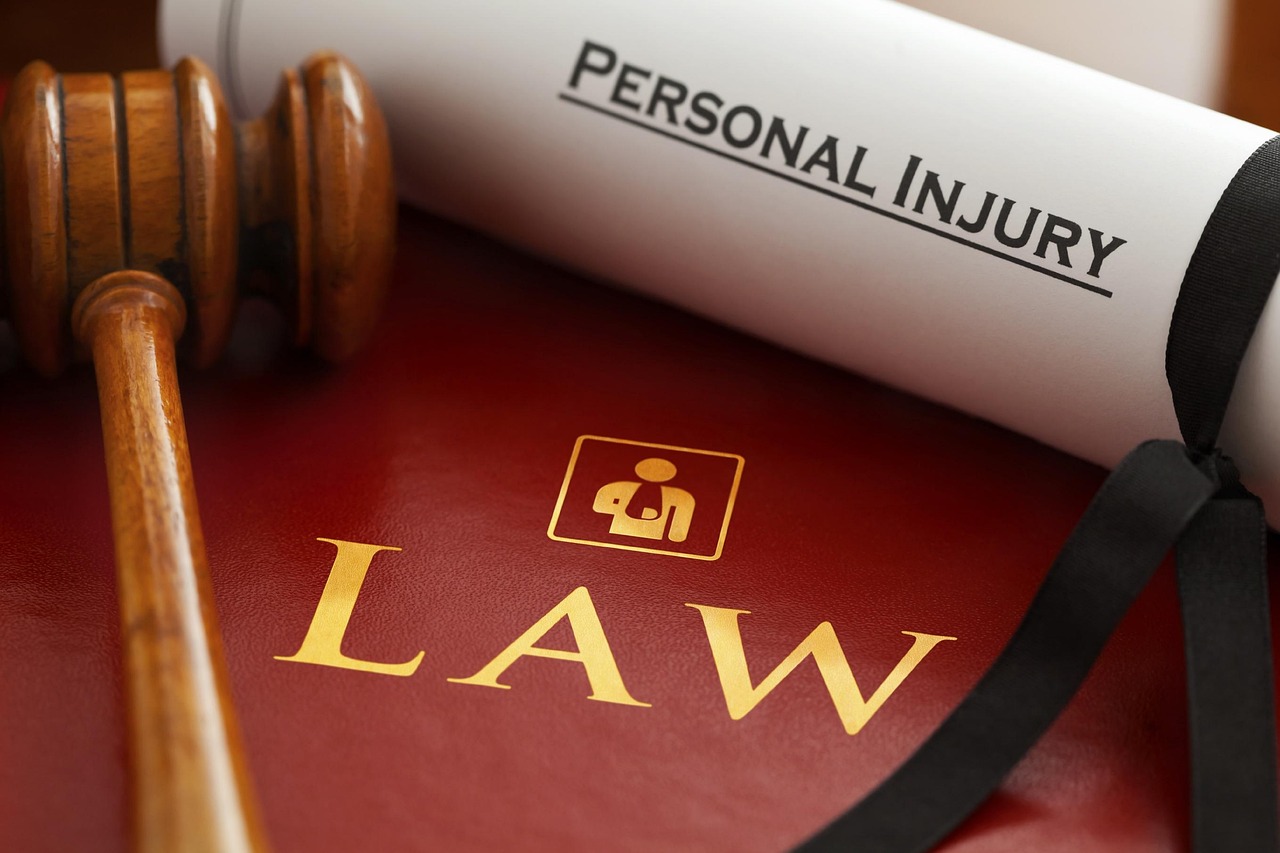1. What Is Personal Injury Law?

Personal injury law (also called “tort law”) covers legal disputes where a person is injured physically, mentally, or emotionally. The goal is to help the injured person (the plaintiff) get compensation from the person or company responsible (the defendant).
Example: If a driver runs a red light and hits your car, they may be responsible for your injuries under personal injury law.
2. What Does a Personal Injury Attorney Do?
A personal injury attorney:
-
Investigates the accident
-
Gathers medical and police records
-
Talks to witnesses
-
Negotiates with insurance companies
-
Files a lawsuit if needed
-
Represents the client in court
Their goal is to prove that the other party was at fault and secure a fair settlement or court verdict.
3. Common Types of Personal Injury Cases
Here are some major types of personal injury cases:
| Type | Description |
|---|---|
| Car Accidents | Caused by speeding, drunk driving, or distracted driving |
| Slip and Fall | Injuries from unsafe property conditions (like wet floors) |
| Medical Malpractice | When doctors or hospitals make serious mistakes |
| Dog Bites | Animal owners may be liable if their pet attacks someone |
| Product Liability | Harm from defective or dangerous products |
| Workplace Injuries | Accidents at work, often involving machines or unsafe practices |
4. How Do Attorneys Get Paid? – Contingency Fees
Most personal injury lawyers work on a contingency fee basis, which means:
-
You don’t pay upfront
-
They only get paid if you win your case
-
The fee is usually 30% to 40% of the settlement or court award
This makes it easier for injury victims to afford legal help.
5. What Is Negligence?
To win a personal injury case, you must prove negligence, which means:
-
The other party had a duty of care (e.g., to drive safely)
-
They breached that duty (e.g., by texting while driving)
-
Their actions caused your injury
-
You suffered damages (medical bills, lost wages, etc.)
6. Damages You Can Recover
Victims may be able to recover two types of damages:
-
Economic Damages:
-
Medical bills
-
Lost income
-
Property damage
-
-
Non-Economic Damages:
-
Pain and suffering
-
Emotional distress
-
Loss of enjoyment of life
-
In rare cases, punitive damages may also be awarded to punish extreme misconduct.
7. Statute of Limitations – Don’t Wait Too Long
Every state has a statute of limitations, which is a deadline to file your case. It’s usually between 1 to 3 years after the injury. If you miss this deadline, you might lose your right to file a lawsuit.
8. When Should You Hire a Personal Injury Attorney?
It’s wise to talk to an attorney if:
-
You suffered serious injuries
-
The insurance company offers a low settlement
-
The at-fault party denies responsibility
-
You’re confused about your legal rights
Early legal advice can help you avoid costly mistakes.
Conclusion
A personal injury law attorney is your advocate when life takes an unexpected turn. Whether you’ve been in a car crash, hurt at work, or injured by a product, they can help you understand your rights and fight for the compensation you deserve.

